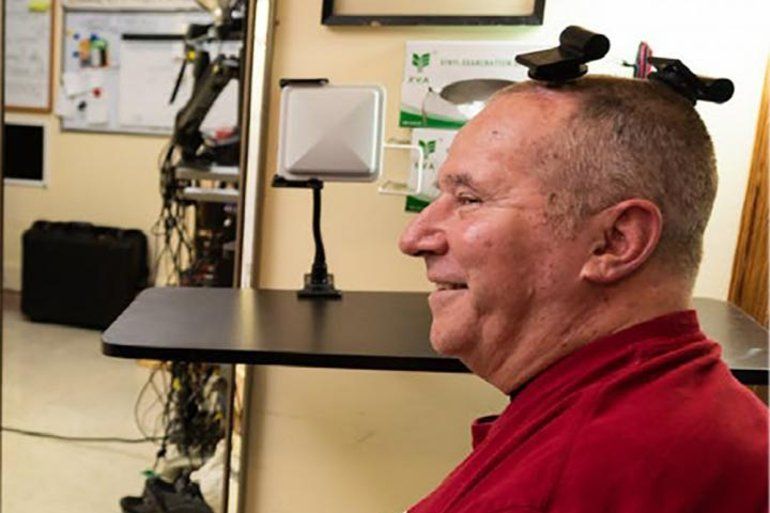Summary: The BrainGate brain-machine interface is able to transmit signals from a single neuron resolution with full broadband fidelity without physically tethering the user to a decoding system.
Source: Brown University.
Brain-computer interfaces (BCIs) are an emerging assistive technology, enabling people with paralysis to type on computer screens or manipulate robotic prostheses just by thinking about moving their own bodies. For years, investigational BCIs used in clinical trials have required cables to connect the sensing array in the brain to computers that decode the signals and use them to drive external devices.










Comments are closed.